October 23, 2024
What Does It Mean for a Lawyer to be “Strong at the Edge”? — The Belief Behind One Attorney’s Post-Retirement Pursuit of a New Challenge
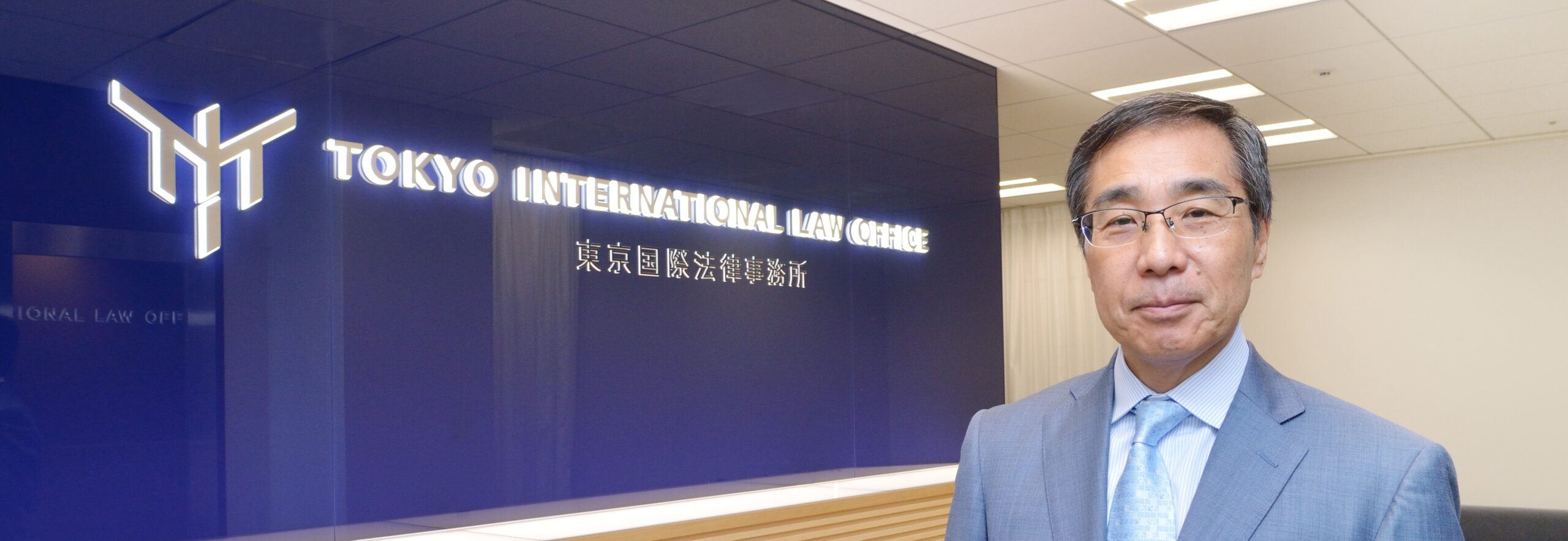
After reaching the mandatory retirement age at a major law firm, attorney Hidetaka Mihara chose to pursue a new professional challenge. With a legal career spanning nearly four decades, he arrived at the personal conviction that “people matter most.” Holding firm to the belief that lawyers should stand by companies in times of crisis, Mr. Mihara made the decision to join Tokyo International Law Office (“TKI”). Over the course of his career, he has been involved in various significant events such as the first ever large-scale merger of Japanese law firms to establish one of the largest firms, Nagashima Ohno & Tsunematsu (“NO&T”), as one of its founding partners in January 2000, and his unique role in advising the collapsed company, Japan Airlines, during its relisting in September 2012, Mr. Mihara has witnessed sweeping changes in Japan’s legal and business landscape over the last several decades. In this interview, he reflects on the true strength needed at the edges of clients’ critical situation where a lawyer has to play a role—what he calls “strength at the edge.”
Learning the Importance of Contributing to Society with a Broader Perspective — Lessons from the NO&T Merger
What was your practice area that you have focused on throughout your long career?
I have always believed that lawyers must do their utmost to respond to all legitimate client needs. While I have increasingly been involved in capital markets and financing in my practice over the past several decades under the mentorship of Mr. Ken Tsunematsu, one of NO&T’s named partners, I have come to be regarded as a specialist in such an area. This success may simply be the result of good fortune—crossing paths with the right clients, lawyers and many talented colleagues.
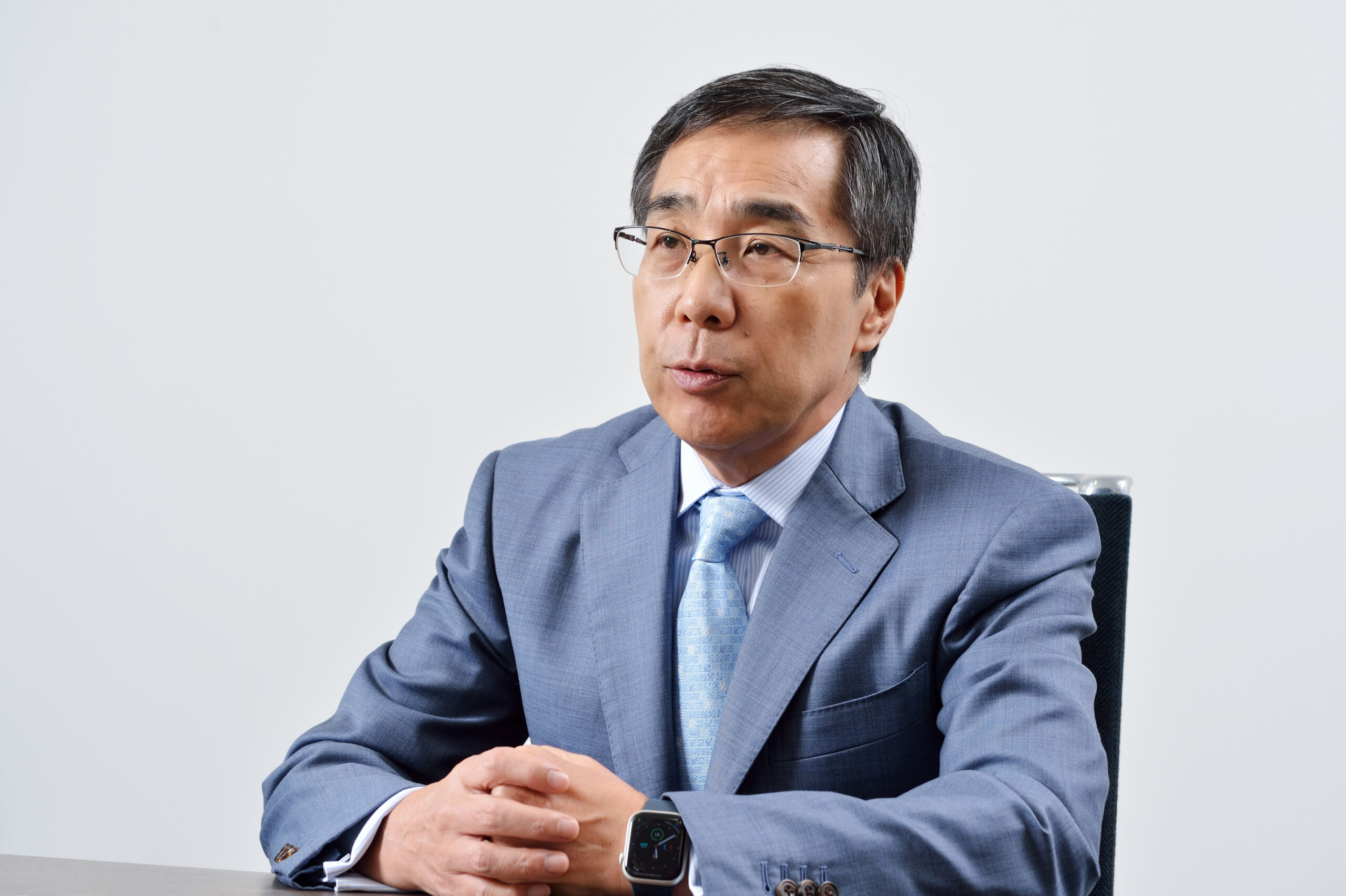
My capital markets work involves helping domestic and international companies raise capital through the issuance of debt and equity of various types and supporting them legally as they use that capital to tackle new business initiatives. In working on these matters, I have paid special attention to our level and quality of advice on appropriate disclosures to the market to make them understand the risks and opportunities of the clients’ businesses in which potential investors might invest. Another aspect of my practice may include advice on building appropriate governance frameworks within the clients, and their internal compliance systems, some of which had to respond to and recover from corporate scandals, and handling any disputes that unfortunately arose.
You spent many years at NO&T and were also deeply involved in the firm’s founding merger in 2000. Could you reflect on what that time was like?
I became a partner at Tsunematsu, Yanase & Sekine in 1993. At that time, Japan was still reeling from the burst of the economic bubble, with major financial institutions failing one after another. Around 1998, amid this unstable environment, talk of a merger between our firm and Nagashima & Ohno began to emerge. I was in my early forties then.
Our firm was doing very well at the time, and to be honest, I did not fully understand the point of the merger from the outset, but I soon realized that this merger was best suited to the two firms and the legal market as well as to the Japanese corporate society, as a whole. As expected, during the discussions, both firms soon agreed that the proposed merger was well-positioned to support Japanese companies competing globally and to establish a legal infrastructure for these companies that would serve Japan’s future, not for short-term, but for at least the next 100 years or more.
The newly established NO&T had over 100 lawyers by the end of 2000, the largest firm in Japan at that time, and has since grown into a firm with over 500 lawyers with several overseas branches. Through this process, I learned a great deal about the importance of respecting people and building an organization that grows together. Personally, I learned from many predecessors, and I now feel a responsibility to give it back to the next generation—something that remains unchanged in my work at TKI. This attitude has become the foundation of my identity as a legal professional.
Respecting People Builds Organizational Strength
Have you encountered moments in your legal work when you strongly felt the importance of respecting people?
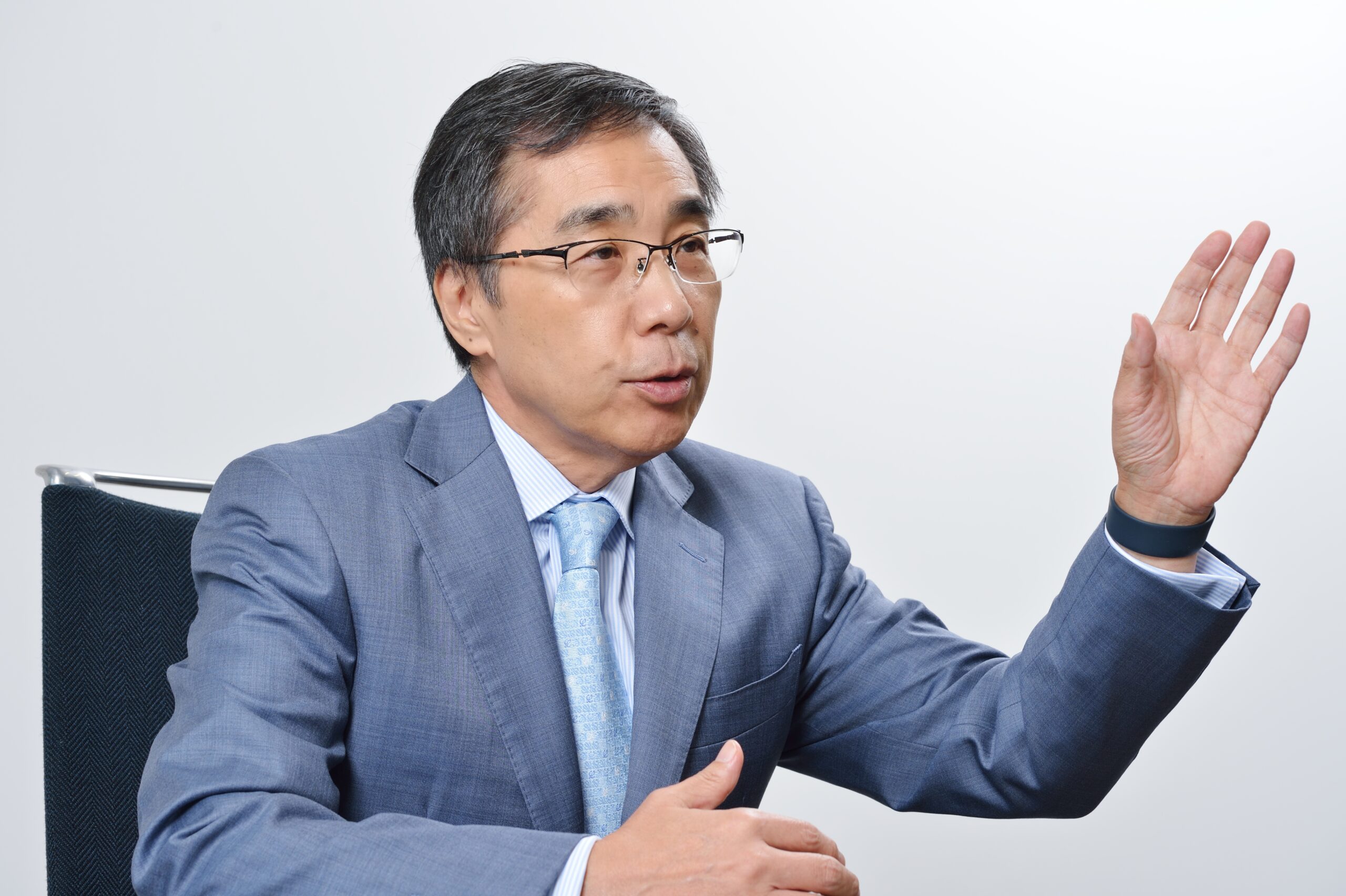
Yes, absolutely. One of the clearest examples was during the relisting of Japan Airlines (JAL). I had worked with JAL for many years, beginning around 1987 just after the airline was fully privatized. Unfortunately, in January 2010, JAL filed for bankruptcy protection under the Corporate Reorganization Act. The restructuring involved over 10,000 personnel reductions and major downsizing of routes—a large-scale corporate overhaul.
What left a lasting impression on me was the transformation of JAL’s corporate culture during the recovery process. I learned that Mr. Kazuo Inamori, Chairman of Kyocera Corporation, was asked by the government to step in as JAL’s chairman and that he led efforts to nurture the mindset of both executives and employees as a form of “internal healing.” As a result, just two years and eight months after filing for bankruptcy, JAL successfully returned to the stock market in September 2012.
At the time of the relisting, JAL adopted the corporate philosophy: “The JAL Group will pursue the material and intellectual growth of all our employees; and deliver unparalleled service to our customers.” I also remember hearing a senior executive saying, “Our company exists for the happiness of our employees.” What that meant was simple yet powerful: when a company prioritizes the happiness of its employees, those employees will, in turn, bring happiness to customers, and that positive cycle makes the company stronger. I was deeply moved that they shared this philosophy so candidly with us, their external legal advisors. It was not just a slogan; it reflected a fundamental shift in the company’s values. I saw firsthand how that single belief transformed JAL into a powerful and unified organization. I vividly recall thinking during the relisting process that the company’s strength had dramatically grown, and that success was inevitable.
This experience reminded me of the philosophy of Ninomiya Sontoku and his famous “water in a basin” teachings: If you try to pull the water in a basin toward yourself, it slips through your fingers. But if you push the water away from you, it flows back toward you powerfully. The idea is that what you give will return to you in greater measure. (In the original, Ninomiya referred to a bathtub, not a basin, but the spirit remains!)
In other words, when an organization is solely focused on satisfying clients or maintaining the quality of its work, it can sometimes become drained. But when leadership prioritizes the happiness and well-being of each individual within the group, a content and motivated team will naturally align toward serving clients and delivering quality work. This is exactly the “water in a basin” gathering toward everyone. The members of that group (in JAL’s case, the employees) begin to work with a shared sense of purpose, striving to contribute to others. This creates unity and strength. A unified team can consistently provide high-quality service to clients in an integrated way.
JAL taught me the real-world power of this way of thinking. I believe the company was able to overcome crisis and return to a path of growth precisely because it internalized the principle of respecting people. This lesson applies equally to law firms that also consist of groups of individuals. By creating an environment where each member is valued and supported to grow together, we can ultimately deliver better service to clients. And I have come to believe that this attitude—of valuing people—is also the foundation for building what I call “strength at the edge,” a quality that is essential for lawyers.
Driven by Empathy: Exploring Every Possibility to Reach the Right Decision
Please explain what you mean by “strength at the edge”?
“Strength at the edge” is a quality that lawyers need in every case they handle. That is because the matters entrusted to lawyers almost always involve visible or hidden difficulties. The foundation of this strength is the ability to detect the problems or risks within a client’s situation. To apply that ability effectively, one must also have an unwavering attitude of never giving up and a firm belief that there is always another move to make.
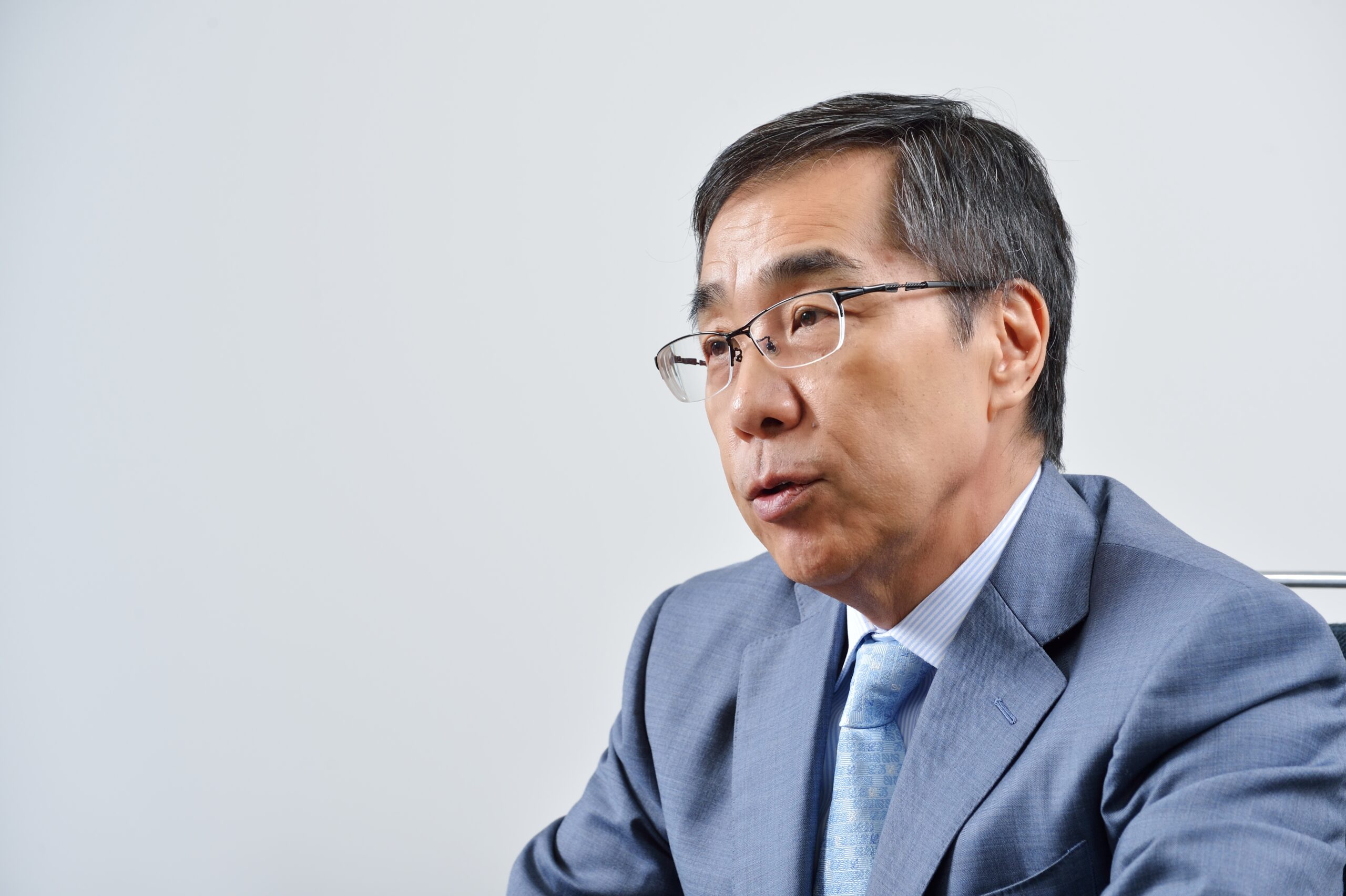
Even when the client feels that all hope is lost, in nearly every case, there is at least one more step that can be taken to overcome the situation. The essence of “strength at the edge” lies in carefully examining what that next step should be, making the move at the optimal time, and then considering what comes after that. As long as you have the desire to uphold what is right and to serve people and society, you will always be able to find the next step.
I have, on several occasions, received comments from clients expressing how grateful they were for what I said at that critical time. When I hear such words, I feel that I was able to propose that one decisive move in a moment of crisis. It may be similar to how an athlete performs their trained skill instinctively in a moment of pressure. In that sense, “strength at the edge” is not simply textbook knowledge. It is the result of accumulated, hands-on experience and a deep desire to be of service to others—a kind of inner strength born from commitment and compassion.
How can a lawyer develop this “strength at the edge”?
When I receive a request from a client, the first thing I do is try to understand what role the company plays in society, how its business contributes to the public welfare, and how its employees find fulfillment in their lives through their work. This approach allows me to genuinely appreciate the company and the people who work there. It builds my belief that supporting such an organization ultimately benefits society. I also remind myself that these employees have families and that they themselves are indispensable to the community. From this recognition comes a natural sense of empathy—a sincere desire to help those people. I begin to feel deeply committed to ensuring that they stay on the right path and that I do everything I can to support them.
When I was just starting out as a lawyer, I was too overwhelmed to think about anything beyond my own tasks. But over time, this way of thinking—placing others at the center—has helped me develop a sense of responsibility and mission. It has also given me confidence and a real connection between my work and the wider world. I began to enjoy my work more. As a result, I came to see “strength at the edge” not as something optional, but as something absolutely necessary.
When considering what that “next step” should be, I do not just come up with a single idea. Instead, I simulate many possible scenarios in my mind and examine all potential options. It is similar to how a professional “shogi” player thinks and simulates dozens or even hundreds of moves ahead before an actual step is taken. By repeating this process, the move that truly ought to be made eventually becomes clear. I believe that by going through this experience again and again, one gains the ability to identify the right move quickly—even in moments of crisis.
Combining Years of Experience with TKI’s Vision to Spark New Chemistry
You made the decision to join TKI based on these experiences. Please tell us more about what led to that decision.
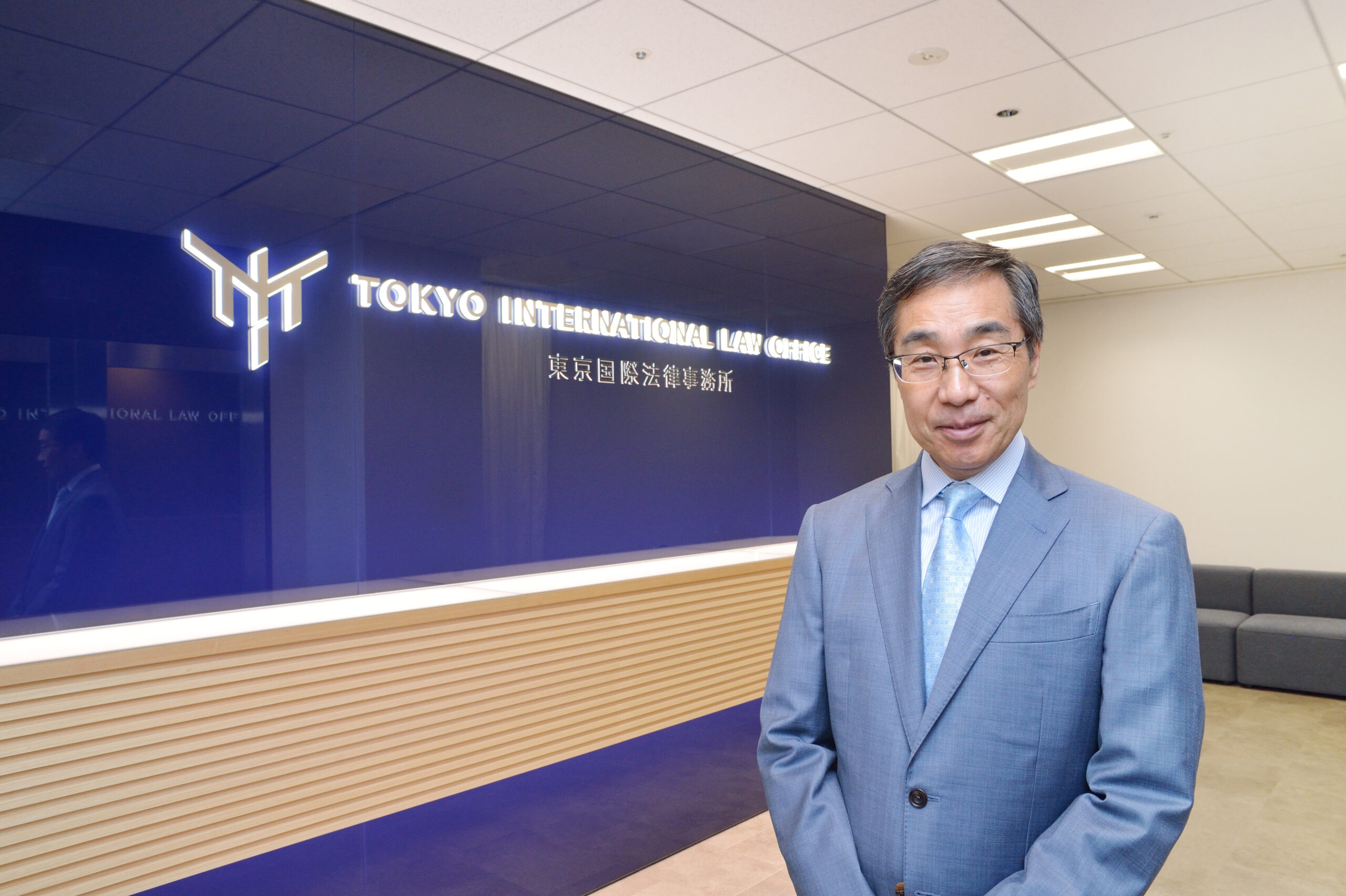
A senior attorney once told me, “You have practiced law for decades, receiving guidance from clients, colleagues, and society as a whole. You should not let the insights you have gained go to waste—you must give back as much as possible.” That message struck a chord. I came to believe that the best way to repay the kindness I had received was to pass on my knowledge to the next generation. This idea is sometimes called “paying it forward.”
When I was about to join the merging NO&T over twenty years ago, the former firm had just 26 lawyers. Around the time I was considering joining TKI, it had roughly the same number. TKI is a young and growing firm, and I thought that if I may explain my experience at NO&T, which grew from 26 lawyers to over 500, to provide fresh perspectives and contribute to TKI’s development, it would be of some benefit both to the firm and to its clients.
TKI is built around the vision of becoming a “global firm from Japan.” Unlike NO&T, which grew in response to domestic legal needs and the demands of internationalization around 2000, TKI has had a global orientation since its founding around 2020. This is one of TKI’s distinguishing features. Though it may sound presumptuous, I quietly hope that sharing my experience might trigger some new “chemical reactions” within the firm.
What do you hope to achieve specifically at TKI?
First, I want to help establish and reinforce shared values that can serve as a moral compass for the entire firm. That means taking the time to engage with each person individually and creating more opportunities to affirm our collective values.
I also plan to continue working in areas such as capital markets, corporate finance and governance, where I have many years of experience. At the same time, I am eager to take on new challenges. After all, life only happens once. If the opportunity arises, I want to contribute to others in every possible way I can. One issue that has been on my mind is corporate misconduct, which seems increasingly common these days. From my experience handling such cases, I have found that it is not the absence of rules that leads to scandals—often, the rules are there, but the deterioration of organizational culture is what causes problems. In response, there seems to be a trend of creating increasingly detailed rules after each incident. I do not deny the importance of rules—in fact, some level of regulation is essential. However, at the root of corporate misconduct lies a mindset of insincerity: a belief that it is acceptable to break the rules or to act in one’s own interest alone. When I observe such cases, I am reminded of the importance of living with integrity—and of instilling that integrity as a core value in organizations. I want to take on the challenge of helping clients understand and embrace this.
One useful framework for this is the “principles-based approach.” Japan’s Financial Services Agency has advocated a shift from a rules-based to a principles-based regulatory model. While detailed rules are important, it is equally critical to return to fundamental values: honesty, sincerity, truthfulness, and kindness. Sharing these core principles across an organization leads to true governance.
In everything I have said, my underlying goal is to help build a stronger law firm that can contribute to Japanese society. By sharing my knowledge and experience with the next generation and continuing to search for “the next move” in addressing social issues, I hope to keep growing as a legal professional.
(Written and interviewed by Hitomi Suto; photographs by Nobuhisa Iwata)
